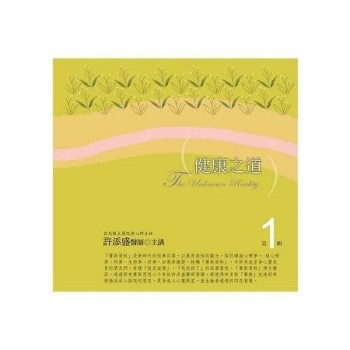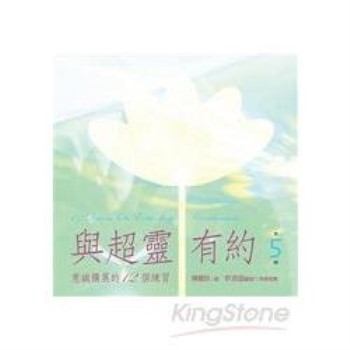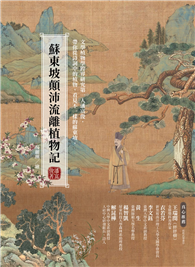Taiwan Since Martial Law epitomizes the reinvigoration of cultural pluralism, which characterizes the dynamic processes of democratized Taiwan. With the lifting of martial law in 1987, people have awakened to their respective cultural identities and contributed to a sociopolitical renaissance strengthening the island's sense of national destiny and commitment to self-determination.
Nineteen chapters highlight Taiwan's social and cultural diversity and the complexities of its politics and economy. The preface by Bo Tedards depicts the avenues of Taiwan's democratization with his ‘trajectories’ of political alternatives. The opening chapter by the editor David Blundell traces his personal experiences during the martial law transition and his reflections on an emerging Taiwan “sense of place.” Pro-democracy activists organized to demand free elections, human rights, respect for local heritages, and environmental sustainability.
EDITOR
David Blundell, doctorate in anthropology, University of California, has written articles and contributed to books on cultural resource management, visual anthropology, language and communication processes, and aesthetics. Since the 1980s, Dr Blundell has been teaching at National Taiwan University and National Chengchi University in Taipei. His previous edited volume Austronesian Taiwan: Linguistics, History, Ethnology, Prehistory (Berkeley 2000), revised as a 2nd edition in 2009. Prof Blundell’s forthcoming book is on the ethnography of communication: acquisition of language and knowledge.
![Taiwan Since Martial Law [精裝]【金石堂、博客來熱銷】](https://cdn.kingstone.com.tw/book/images/product/20201/2020120041484/2020120041484b.jpg)
 共
共 









